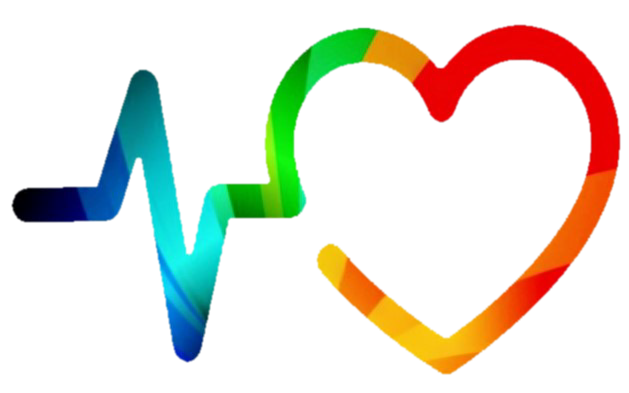Frequently Asked Questions
Yes. Every candidate attending a NPLQ course must be 16-years-old at the time of taking the NPLQ final assessment and be able to:
- Jump / dive into deep water
- Swim 50 metres in less than 60 seconds
- Swim 100 metres continuously on front and back in deep water
- Tread water for 30 seconds
- Surface dive to the floor of the pool
- Climb out unaided without ladder/steps and where the pool design permits
The instructor-student ratio shall not exceed 1:6.
The instructor-student ratio shall not exceed 1:8.
There are four life-threatening emergencies and they are cardiac arrest, choking, heart attack and stroke. PHECC’s Education & Training Standards offers two levels of training and certification in basic life support and they are: CFR Community and CFR Advanced.
A cardiac first responder (community level) is a person trained in cardiopulmonary resuscitation and in the use of an automated external defibrillator (AED) who can respond to someone who has suddenly collapsed. A cardiac first responder plays a vital role in keeping a person alive until they can receive expert clinical care. A cardiac first responder may be part of the emergency medical services, a healthcare practitioner or a member of the public who has completed the PHECC approved course within the last two years.
Responders at Advanced level are most likely to have a duty to respond. The advanced course builds on the basic life support skills at CFR Community level and includes using an oropharyngeal airway (OPA), a supraglottic airway (SGA), and a bag-valve-mask (BVM), checking the patient’s pulse, giving oxygen, suction and post resuscitation care. If you are concerned about maintaining all the required CFR Advanced level skills, we recommend that you consider whether CFR Community level would be more appropriate for you.
Responders at Advanced level are most likely to have a duty to respond. The advanced course builds on the basic life support skills at CFR Community level and includes using an oropharyngeal airway (OPA), a supraglottic airway (SGA), and a bag-valve-mask (BVM), checking the patient’s pulse, giving oxygen, suction and post resuscitation care. If you are concerned about maintaining all the required CFR Advanced level skills, we recommend that you consider whether CFR Community level would be more appropriate for you.
While the main content of the course is general, each course is different in terms of learners, circumstance, requirements and so on. However, the CFR Community course can be delivered in 3.5 - 4 hours. The complete CFR Advanced course (incorporating the CFR Community course) can be delivered in 5 -6 hours. This is based on a group size of six and one break of 20 minutes.
Award of joint PHECC/recognised institution CFR Community or Advanced card/certificates to successful course participants by the recognised institution is mandatory.
Certification is valid for 2 years.
There is no minimum age requirement set out in the current Education & Training Standards, however an individual should be mature enough to comprehend the knowledge, skills and implications associated with defibrillation and have a maturity to complete assessment to receive certification. Currently PHECC recognised institutions use 16 years of age as a benchmark.
A CFR-Instructor working on behalf of a recognised institution can teach CFR courses. A CFR Advanced Instructor can teach both Community and Advanced courses, however a CFR Community Instructor can only teach CFR Community courses.
First Aid Response or FAR is PHECC’s newest education and training standard. It’s a foundation first aid course that trains course participants to provide first aid for a person who becomes suddenly unwell or injured until the arrival of emergency medical services. FAR includes the full Cardiac First Response Community standard also.
A first aid responder may be a healthcare practitioner or a member of the public who has undertaken a First Aid Response course. The first aid responder will be taught how to assess and manage patients in accordance with the PHECC FAR standard and clinical practice guidelines (CPGs).
Yes all successful course participants must be given a joint PHECC/recognised institution FAR card/certificates. The certificate will expire after 2 years when you may re-certify.
A PHECC certified FAR Instructor working on behalf of a recognised institution can teach FAR courses. Tutor/assistant tutor (or facilitators) and EFR instructors on the PHECC Register may also teach FAR courses as long as they have a valid CFR instructor certificate. In accordance with PHECC current Education & Training Standards July 2014.
